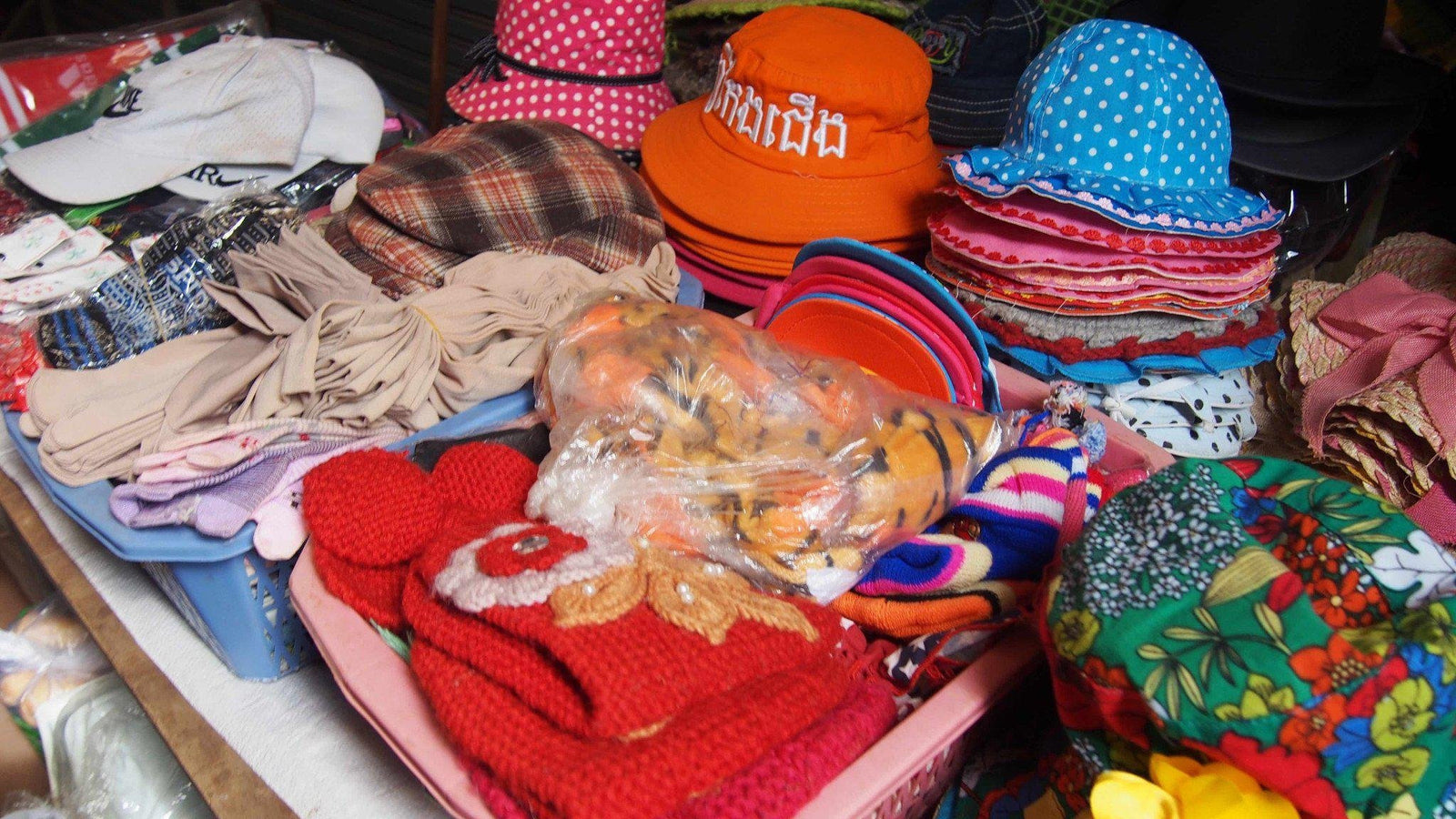ETHICAL CURATED LIFESTYLE STORE.
ETHICAL CURATED LIFESTYLE STORE.
Women
JEWELLERY
Homewares
SHOP BY BRAND OR LOCATION
Shop By Gift Guides

Why You Shouldn’t Buy From Street Children When Travelling Through South East Asia
Dezember 11, 2016 3 min lesen.
When you travel to developing countries, you are likely to come across child beggars and sellers. It is natural for you to want to help them, and I can completely understand why you would want to. Back in 2009, on my first trip to Cambodia, I too, bought palm leaf trinkets from a child. However, it is best for the wellbeing of the child that you keep your wallet secure and you don’t give into their selling tactics, for the following reasons:
- It traps them in the poverty cycle
“I need money for school”, is a common line from child sellers. Maybe they do. Public school in Cambodia runs for half a day, though children usually have to partake in extra classes. However, even if the children ARE in school, do you think they will have the energy to concentrate if they are working in their free time? And once they see they can make money by selling on the streets, they are more likely to drop out, as they and their parents see the value in earning an income over the investment of education. This means that the child is likely to remain uneducated, thus not being able to break the cycle of poverty as they won’t have the skills or knowledge to access gainful, full-time employment in the future
- It shifts the responsibility from their parents
I know two brothers who sell balloons each night at 60 Road, a local hangout for Cambodians. Despite receiving the support from an NGO, they kept on selling. Whenever I saw them, I would ask them, “Where are your parents?”. They would respond, “At home.”. These boys would work from 6pm – 11pm every night (from when they were seven years old) and cycle home in the dark. Their parents were responsible for them, yet they shifted their parental obligations onto the kids.
When we buy from children, their parents see the value in it. They see the money that the children bring home each evening, and realise it is an ‘easy option’ for them to get food on the table. I know that each situation is unique, however we are perpetuating these attitudes and behaviours by buying from children.
- You could be exposing them to bigger risks
Aside from the two points above, there are other risks that child sellers could be exposed to. Sexual predators, trafficking and exposure drugs are just a few. These children are likely to be much better off staying at home or school where the exposure to these risks is reduced.
There isn’t a ‘one size fits all’ solution to the issues of poverty. However, as you can see from above, buying from children will only aggravate the issue.
Instead of buying from street children, consider supporting local organisations who address the issue of getting kids off the street and into schools.
Or, buy from adults, who are working hard to earn money to support their families. Around Siem Reap you will often see handicapped people who sell books and paintings by themselves, instead of making their children beg for them. Those are the people you can be confident in supporting.
Finally, you can shop at social enterprises who train adults so they have the ability to earn while their children can learn.
What is best for these children is that they have the chance to be kids; to study, to play and to have fun. Not to be working.
Schreiben Sie einen Kommentar
Kommentare werden vor der Veröffentlichung genehmigt.
Subscribe
Sign up to get the latest on sales, new releases and more …
